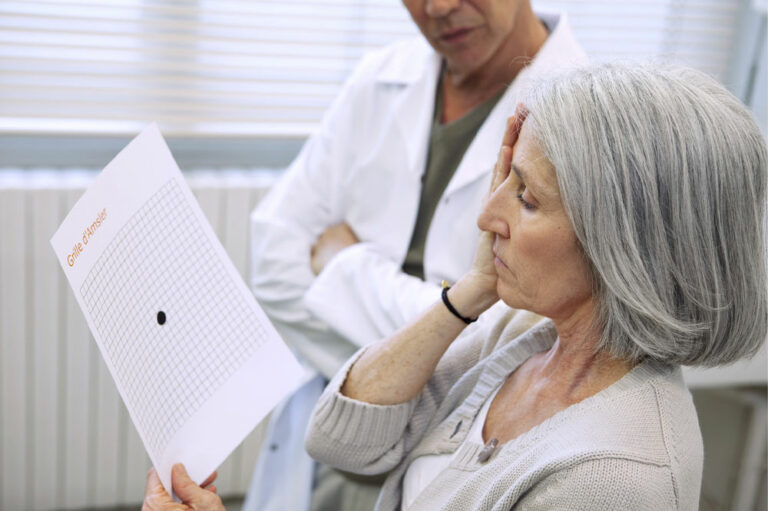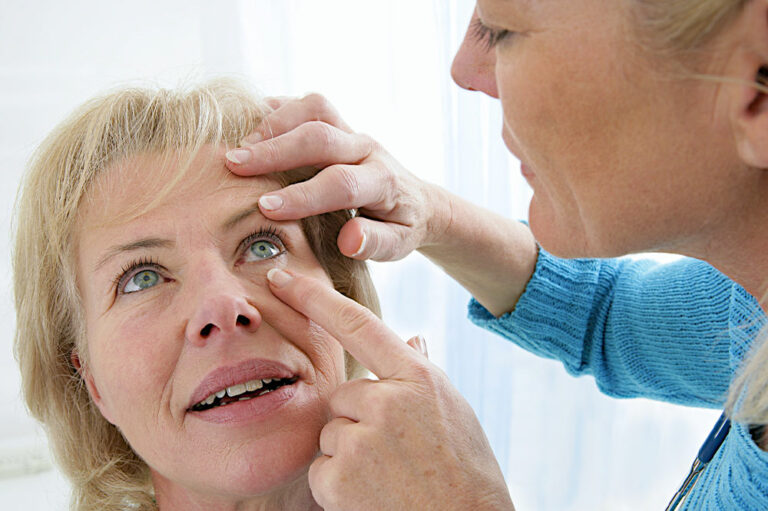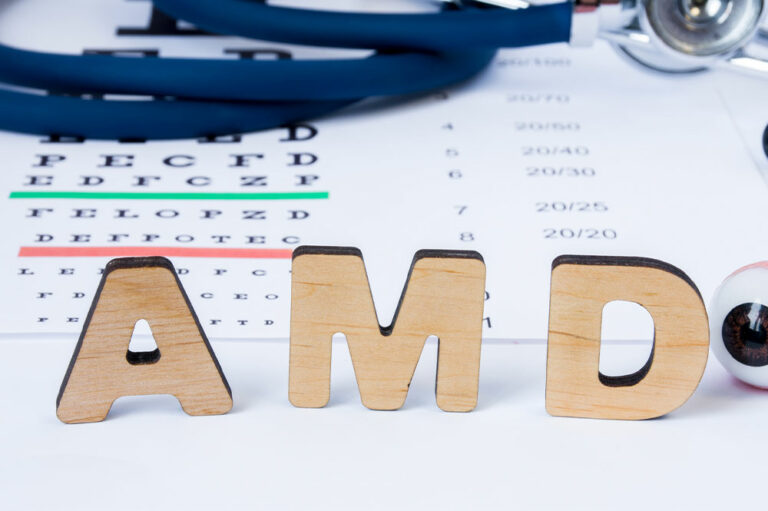
All About Age-related Macular Degeneration
Age-related macular degeneration (AMD) is one of the top causes of vision loss in people aged sixty and older. It is a disease that hampers your sharp, central vision. Central vision is pivotal to helping you see objects clearly and do tasks like driving and reading. AMD impairs your macula, the part of the eye that helps you see fine detail. It is not painful, but it kills the cells in the macula. It starts with blurred vision, but you gradually lose central sight. Seeing crooked lines is one of the initial AMD signs. In this guide, we will discuss everything related to AMD in detail. Types of AMD Dry People with dry AMD have drusen or yellow spots in the macula. Small drusen might not necessarily impair your vision, but as they grow in size and increase in number, they distort and dim your vision, especially as you read. Over time the condition worsens, and the light-sensitive cells in the macula get thinner and die eventually. If it is in the atrophic form, you will experience a blind spot in the center of the vision. Consequently, it worsens, and you lose central sight. Wet Blood vessels grow below the macula.
Read More 





